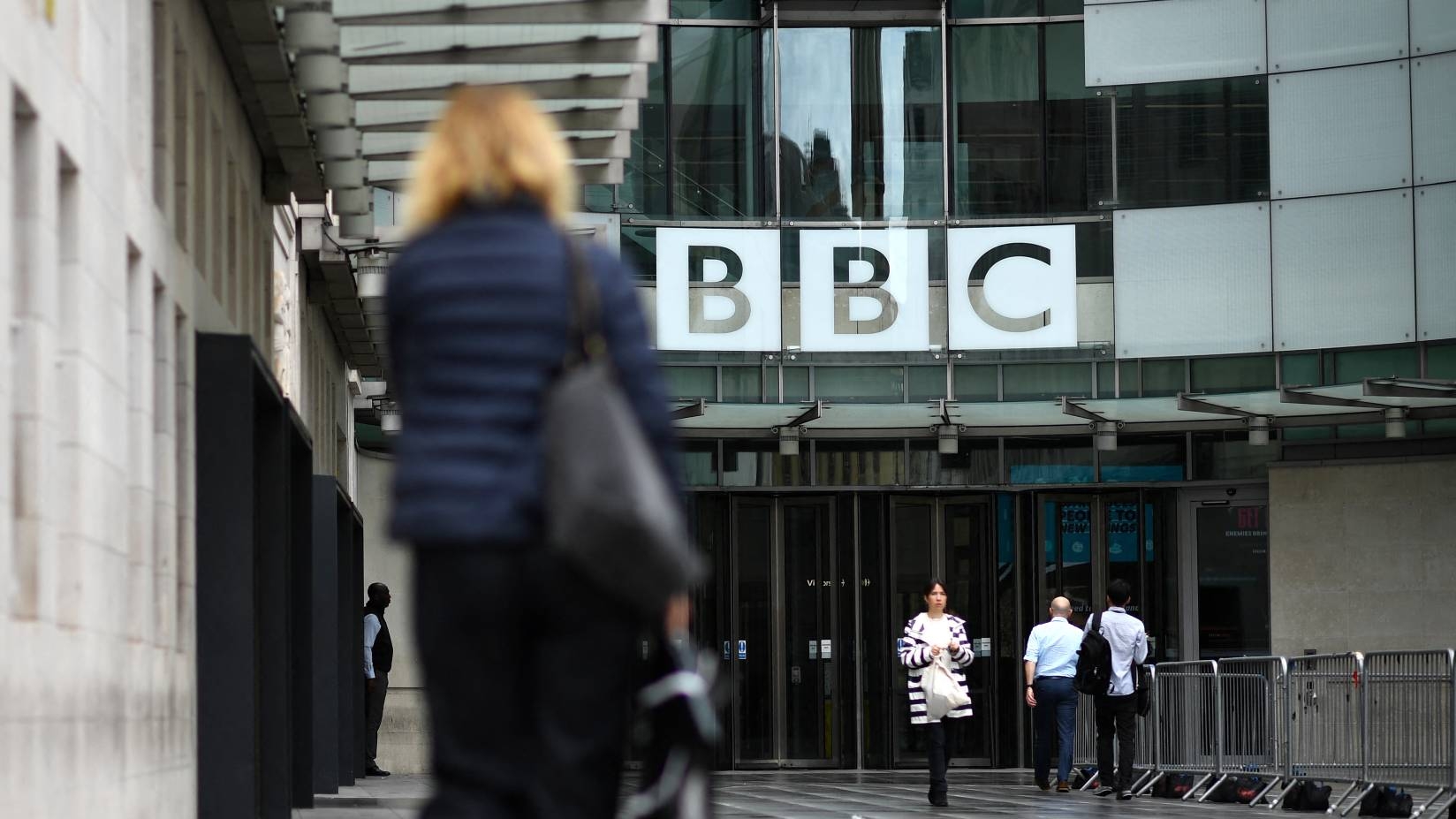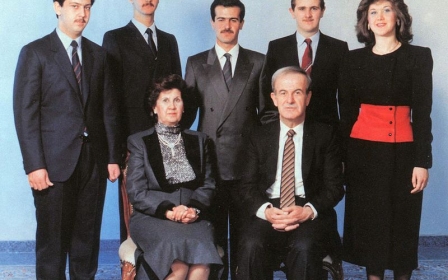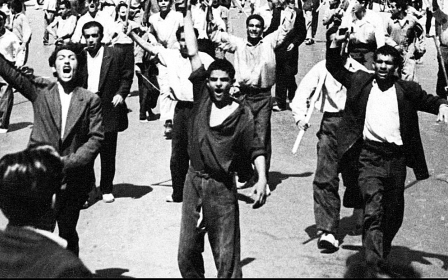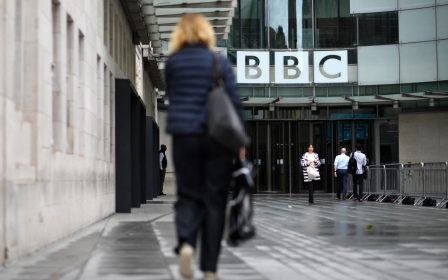BBC Arabic radio goes off air after 85 years of broadcasting

After 85 years of broadcasting, the curtain closes this afternoon on BBC Arabic radio with a series of programmes telling stories from the station's glorious past and excerpts from interviews with significant Arab figures.
BBC Arabic radio was the first foreign language branch of the British Empire Service, which began broadcasting news to British colonies in English in 1932.
The Arabic station's first show was aired at 4:45 pm London time on 3 January 1938, as Nazi Germany and fascist Italy spread propaganda over Arabic airwaves about Britain's presence and interests in the Gulf and the Middle East.
'The interview with Nasser made an impact then and still receives a lot of interest'
- Adel Soliman, BBC Arabic radio
The BBC station covered World War II, the Suez Crisis of 1956, the numerous Arab-Israeli wars, Palestinian uprisings, the invasion of Iraq, and the widespread protests that ignited in the region in 2011. However, on Friday at 1 pm, the airwaves will fall silent.
The closure of BBC Arabic and Persian radio was announced in September as part of a plan to cut costs and focus on digital content production.
New MEE newsletter: Jerusalem Dispatch
Sign up to get the latest insights and analysis on Israel-Palestine, alongside Turkey Unpacked and other MEE newsletters
Almost 382 people will lose their jobs at the BBC World Service. The World Service says it aims to save £28.5m by axing the Arabic and Persian radio stations, part of a broader attempt to save £500m annually.
The editor-in-chief of BBC Arabic radio, Adel Soliman, told Middle East Eye that Friday would be an "emotional day," as journalists, presenters, and editors tailored a week-long programme to highlight the station's past.
"The broadcast will end at 1 pm London time," he said. "But we have prepared special content since Monday, with key interviews and contributions from our audience about how the BBC played a role in their lives, and talks with ex-BBC staff, highlighting their career."
He told MEE that an interview excerpt with the Egyptian singer Umm Kulthum, and Egypt's former president Gamal Abdel Nasser, will be aired.
"The interview with Nasser made an impact then and still receives a lot of interest from our audience," he said.
BBC World Service is also axing its Kyrgyz, Uzbek, Hindi, Bengali, Chinese, Indonesian, Tamil, and Urdu radio services while moving services in Chinese, Gujarati, Igbo, Indonesian, Pidgin, Urdu and Yoruba to digital.
'This is London'
The British foreign office funded the BBC World Service until 2014 when it began relying on taxpayers, advertisements, and governmental monies to keep going.
The Egyptian journalist Ahmed Kamal Srour presented the radio's first news bulletin in Arabic after the famous chimes of the Palace of Westminster's Big Ben clock.
BBC Arabic radio was also known colloquially as "Huna London", or "This is London", as news presenters started the show with these words.
The one hour and 35 minutes broadcast on 3 January 1938 also consisted of speeches from the son of the King of Yemen, the ministers of Saudi Arabia and Iraq in London, and the Egyptian ambassador to Britain.
It ended with a message from the British governor of Aden, Bernard Reilly.
Soliman told MEE that there are plans to upload BBC Arabic radio's archive online to make it available to the audience.
Although the station will be no more, Soliman said that content in Arabic would continue to be produced through a digital platform.
"We will carry on with digital audio programmes," he said.
Middle East Eye delivers independent and unrivalled coverage and analysis of the Middle East, North Africa and beyond. To learn more about republishing this content and the associated fees, please fill out this form. More about MEE can be found here.




